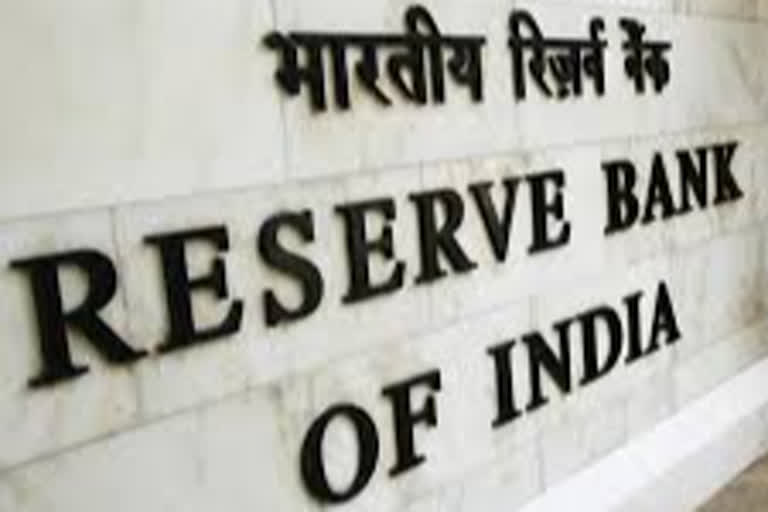New Delhi: In order to curb the rising incidents of card payment frauds, the Reserve Bank of India Thursday launched new guidelines applicable to all scheduled commercial banks, small finance banks, payment banks and credit card issuing non-banking finance companies and prohibited these entities from taking scanned customer data outside their premise.
The new guidelines, also known as the master direction on digital payment security controls will come into effect after six months but for a certain category of regulated entities, new guidelines have come into effect immediately.
Under the new guidelines, the Reserve Bank asked the banks and companies that issue debit cards, credit cards, pre-paid cards (virtual or physical cards) to follow the recommendations of Payment Card Industry (PCI) for comprehensive payment card security guidelines.
Scanned Card Data to stay within premise
In order to prevent any misuse of unencrypted card data, the Reserve Bank of India barred the card companies from taking the unencrypted card data (clear text) outside their premise or doing this activity remotely.
“The scanning tool should be installed only in the regulated entity’s premises on their devices and Card data scanning should not be done remotely,” the RBI said in its master guidelines.
The RBI also cautioned the card providers to first test the scope and impact of any third-party tool that they would use for scanning of card data.
The Reserve Bank said the discovered data, if any, must preferably reside in the scanning tool and any exportable card data must be appropriately masked.
“No data, even the masked data, must be taken out of the regulated entity’s premises,” warned the RBI.
The RBI also directed that service providers of these card issuing entities must scan or analyse the data within the premise of the regulated entity and only on the devices owned by that entity.
Also read:RBI forms expert panel for Urban Co-operative Banks
Credit-Debit card frauds in the country
Debit card, credit Card frauds are still common in the country despite the use of latest technology and multiple authentication factors.
